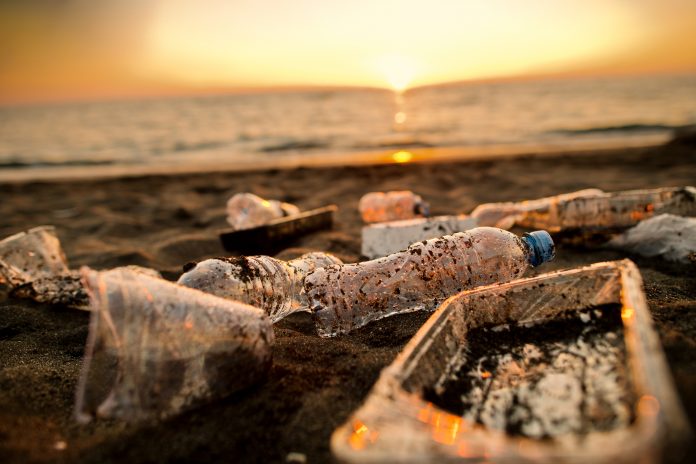Researchers from the University of Leeds have revealed the alarming scale of global plastics pollution and its impacts on health and the environment
Using advanced artificial intelligence, the team conducted the first-ever comprehensive global plastics pollution inventory, shedding light on previously unknown dimensions of this pressing issue.
The scale of plastic pollution
The study estimates that 52 million tonnes of plastic entered the environment in 2020 alone, an amount that, if laid out in a line, would circle the Earth over 1,500 times.
More than two-thirds of this pollution originates from uncollected rubbish, affecting over 1.2 billion people worldwide who lack access to proper waste collection services. This difference highlights a critical gap in basic sanitation infrastructure, equating waste management with essential services like water and sewerage.
Impact of uncontrolled plastic burning
Another concerning revelation from the study is that approximately 30 million tonnes of plastics were burned without environmental controls in 2020. This practice, prevalent in homes, streets, and dumpsites, poses significant risks to human health, including neurodevelopmental issues, reproductive problems, and birth defects. Despite its detrimental effects, open burning of plastics has received minimal attention compared to other forms of pollution, making it a silent but pervasive threat.
New insights into global contributors
Contrary to previous assumptions, the study identifies India as the largest contributor to global plastic pollution, followed by Nigeria and Indonesia.
This shift in perspective shows the urgent need for targeted interventions in regions where waste management infrastructure is inadequate or non-existent. Countries like China, while previously identified as major polluters, have shown improvements due to enhanced waste collection and processing efforts in recent years.
A Global Plastics treaty
Researchers emphasise the need for a coordinated global response to tackle plastic pollution effectively. They propose the establishment of a new, ambitious, and legally binding global ‘Plastics Treaty,’ informed by scientific data similar to climate change agreements. A treaty like this would aim to mitigate the sources of plastic pollution through improved waste management, resource recovery, and the promotion of circular economy principles worldwide.
Challenges and solutions
Looking forward, the study warns of growing concerns in Sub-Saharan Africa, where rapid population growth and inadequate waste management systems could escalate the region’s contribution to global plastic pollution. Urgent investments in infrastructure and education are crucial to preventing this potential crisis.
The University of Leeds’ study provides a critical baseline for policymakers worldwide to address the environmental disaster set by plastic pollution. By prioritising waste management and advocating for a comprehensive global response, stakeholders can mitigate the adverse effects on human health, the environment, and the global economy.
As Dr. Costas Velis, lead researcher, aptly states, “We need to start focusing much, much more on tackling open burning and uncollected waste before more lives are needlessly impacted by plastic pollution.
“It cannot be ‘out of sight, out of mind’.”
This research shows the urgency of not only cleaning up existing plastic waste but also preventing further pollution through informed policy and concerted international cooperation.











